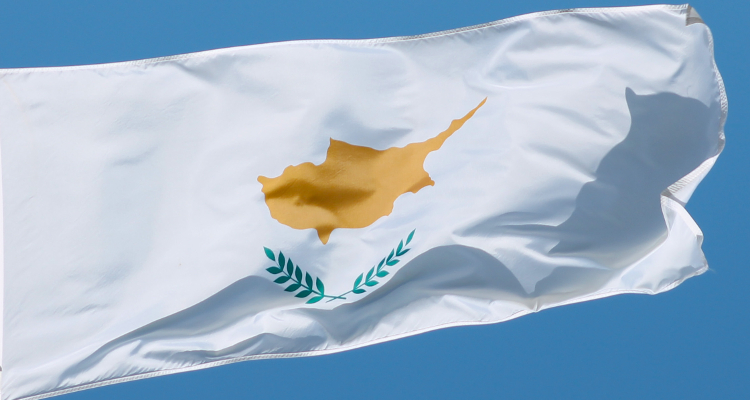European sportsbetting and lottery giant OPAP could be in trouble with the authorities in Cyprus after the island nation’s Attorney General reportedly ordered a police investigation into the firm’s finances.
According to a report from the Cyprus Mail newspaper, Costas Clerides initiated the action after OPAP demanded the office of Rea Georgiou, Accountant General for Cyprus, sign a confidentiality agreement before receiving its annual accounts.
The unusual request, which was made public earlier this week during parliamentary discussions on proposed legislation that would reform Cyprus’ rules on gambling so that they better conform with European Union laws, was reportedly refused by Georgiou following consultations with Clerides and subsequently prompted OPAP to refuse access to its books.
Established in Greece in 1958 as a state-owned gambling monopoly, OPAP was transformed into a joint stock company in 1999 before 2013 saw a cash-strapped Athens sell off its remaining 33% stake in the firm to Greek-Czech group Emma Delta Hellenic Holding Limited for approximately $656 million.
The newspaper reported that OPAP, which has retained its Cyprus monopoly on the provision of lottery games, is regulated under a bilateral agreement between Athens and Nicosia although critics argue that this status should be abolished as the Greek state is no longer a shareholder.
Odysseas Michaelides, Auditor General for Cyprus, previously declared that OPAP’s current turnover means that it should be paying annual taxes of about $37 million instead of the $10.5 million it now averages every year. He reportedly explained that the operator’s gross annual receipts had shot up from around $52.7 million in the years leading up to 2013 to now stand at approximately $211 million, which means that the nation is each month losing roughly $2.1 million under the current deal.
“We do not feel comfortable with the current state of affairs, to grant the right to one provider without an open competition,” Michaelides told lawmakers during this week’s discussions. “What is most important is the state’s share. If it is obvious that the public interest is served with a direct assignment, then we agree.”


